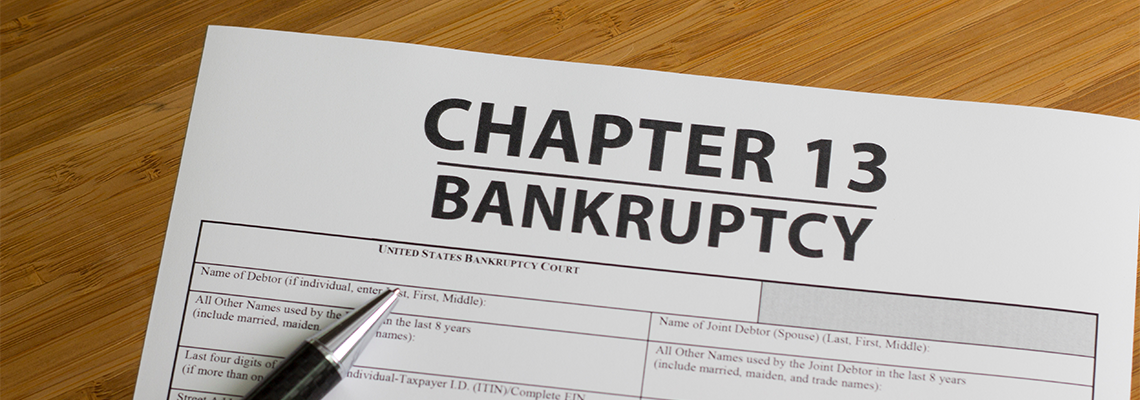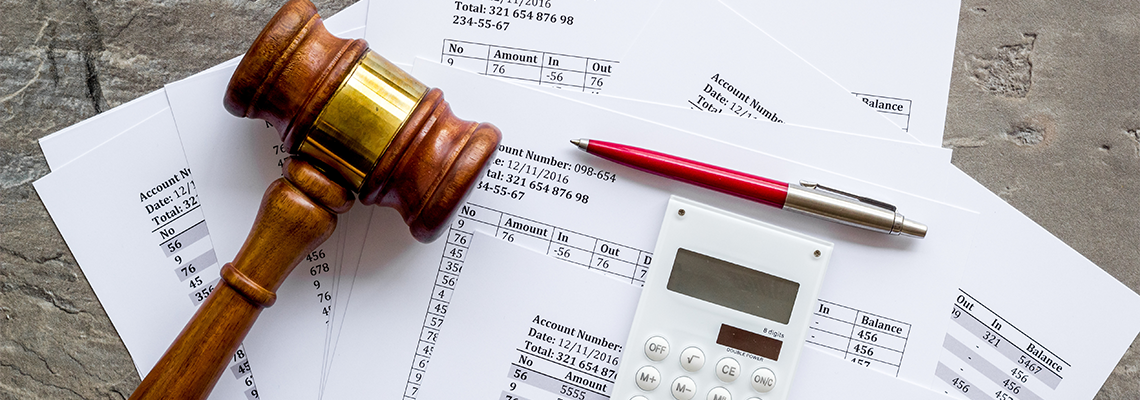How Will Bankruptcy Affect Me in the Workplace?
The decision to declare bankruptcy is not one taken lightly, especially when considering its potential repercussions on your job. Whether you're considering filing for bankruptcy or have already begun the process, understanding its implications in your profession is important.
In most cases, bankruptcy will not affect your current employment status. And, your employer cannot reduce your salary, demote you, or take away your responsibilities. However, it is possible that future jobs could be denied due to filing for bankruptcy. Because of this, it's important to know what your rights are.
The Bankruptcy Act caters to your protection, discerning the turmoil bankruptcy can cause in an individual's life, both personal and professional. Employees are insulated against discriminatory action in the workplace due to a bankruptcy filing. But what does this really mean for you and your job?
Bankruptcy Overview
Bankruptcy encompasses three key chapters (7, 11, and 13), each with a particular focus on the associated filing party, whether an individual, company, or farmer. Chapter 7 involves liquidation, Chapter 11 is about reorganization for businesses, and Chapter 13 crafts a repayment plan for individuals earning a regular income.
For employees, bankruptcy laws exist to shield them against adverse repercussions such as termination, demotion, or a reduction in compensation if their employer finds out about their bankruptcy. This protection extends to job candidates, impeding discrimination in the hiring process.
Effect of Filing for Bankruptcy in Employment
The process of filing for bankruptcy is not a standalone event, but multiple steps that can ripple into various aspects of life, especially work. The reasons for bankruptcy filings can range from unforeseen medical costs to economic downturns affecting businesses. But as an employee, engaging in this process demands careful navigation to minimize workplace disruption.
Understand the potential impacts:
- Job Security: The law generally prevents employers from firing someone solely due to a bankruptcy filing. However, exceptions exist for certain circumstances, such as the employee's inability to perform their job duties due to financial distress.
- Promotion and Pay: Eligibility for career advancements may not be immediately impacted, but long-term reviews and risk assessments by employers can influence future prospects.
- Certifications and Clearances: Certain professional credentials and security clearances may be reviewed or affected, leading to a re-evaluation of job suitability.
The job search nears even more treacherous terrain with a bankruptcy history. Should you disclose this information? The advice herein is as much about timing as it is about tact. Be prepared for scrutiny in sectors where credit checks are commonplace, and leverage your learning to frame your narrative in a positive light.
Disclosure Dilemma on Job Applications
The mandate to disclose bankruptcy on job applications is contestable. While some applications explicitly request this information, others pose it at your discretion. In either case, your handling of the response can sway employer perception significantly.
Employer Credit Checks: Forewarned Is Forearmed
In industries like finance, government, and security, employer credit checks are common practice. Being aware of this can empower job seekers in these fields to take proactive steps in managing their financial history, potentially influencing hiring decisions in their favor.
While maintaining privacy, openly discussing your journey post-bankruptcy and showcasing improved financial management skills can help rebuild trust with employers.
Privacy and Disclosure in the Workplace
Your financial affairs are inherently personal, but in certain situations, workplace disclosures might be warranted or necessary. Some of these situations include when they are conducting pre-employment background checks, which could include credit history; and in some cases, coworkers and superiors may become privy to your bankruptcy filing if it is included in court records or public notices. Understanding the bounds of privacy and the role of employers in this context is vital.
Earning Trust Back
Post-bankruptcy, demonstrating financial responsibility becomes crucial in regaining professional trust. Consistent actions that reflect fiscal prudence not only signal growth but also resilience in adversity.
Exiting bankruptcy isn't the end; it marks the beginning of a journey toward financial recovery and professional rejuvenation. It's a period to sharpen your financial literacy, enhance your professional skills, and chart a career path that transcends past challenges.
Bankruptcy's Long-Term Career Impact
The impact of bankruptcy on a career isn't immediate or uniform; it evolves over time based on decisions made post-bankruptcy. Taking a long-term view helps in assessing its implications and navigating future opportunities effectively.
Reach out to EH Law Group if you need assistance with anything related to bankruptcy. While the impact of bankruptcy on one's career may seem daunting, it's essential to recognize that it doesn't define your professional journey indefinitely. By focusing on rebuilding trust through responsible financial behavior, investing in ongoing skill development, and maintaining integrity in the workplace, individuals can navigate the challenges of bankruptcy and emerge stronger, ultimately shaping a resilient and promising professional future.











